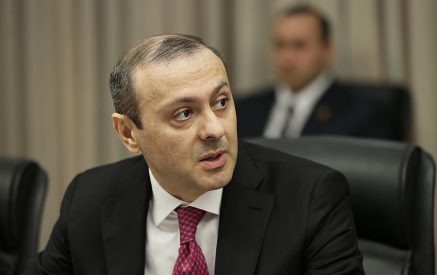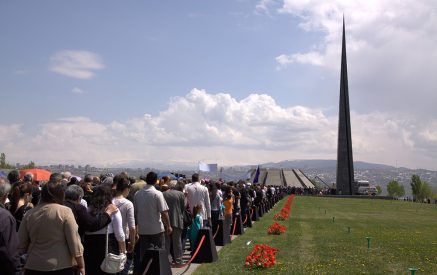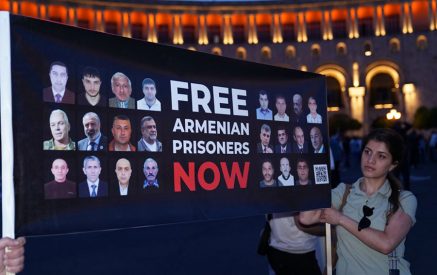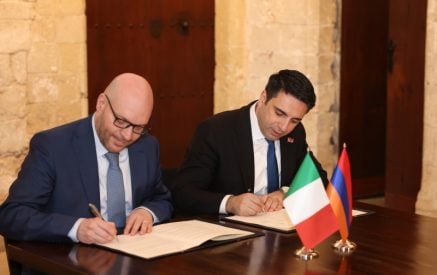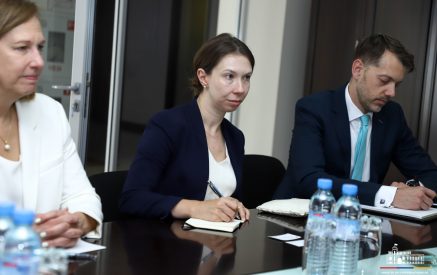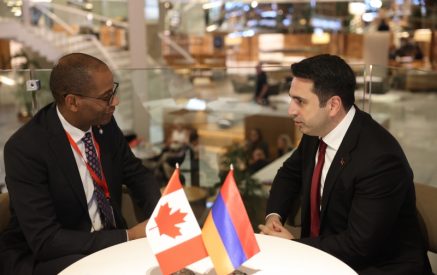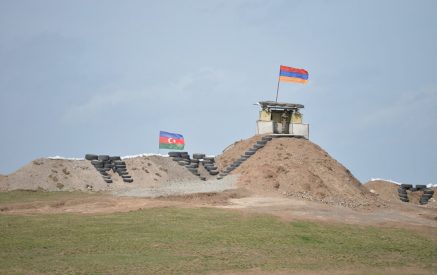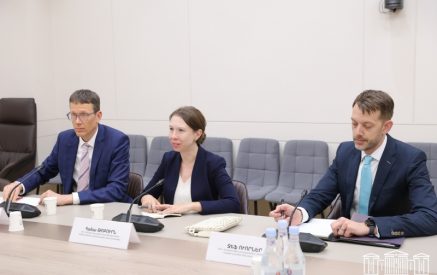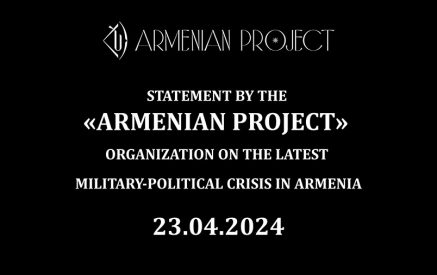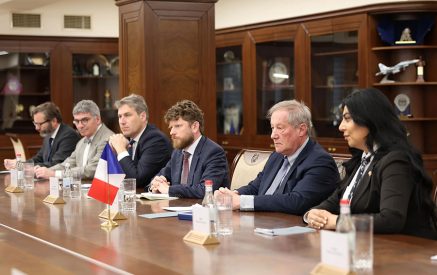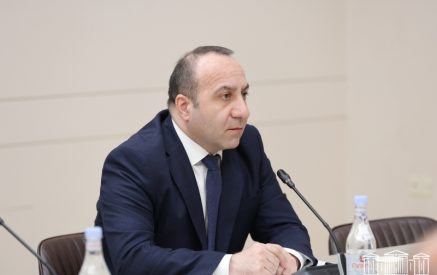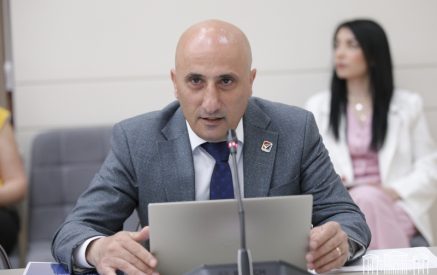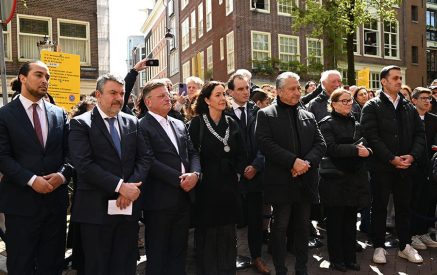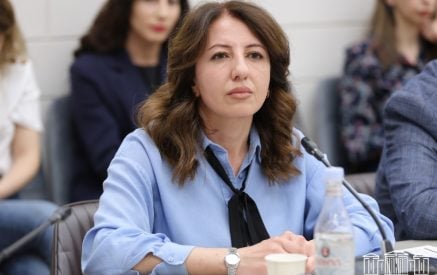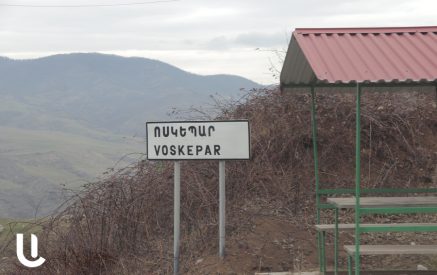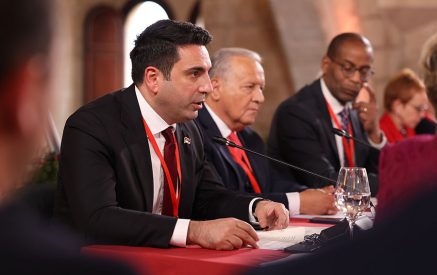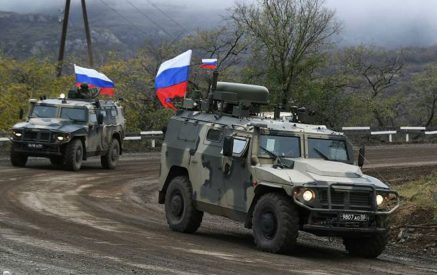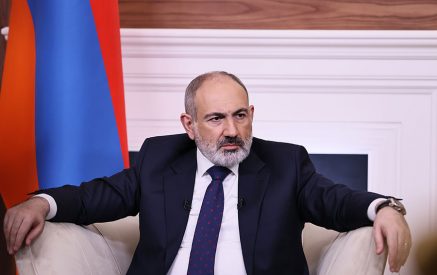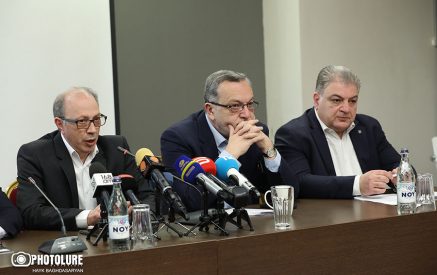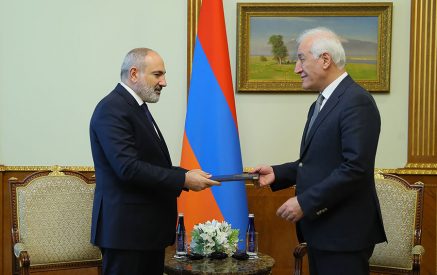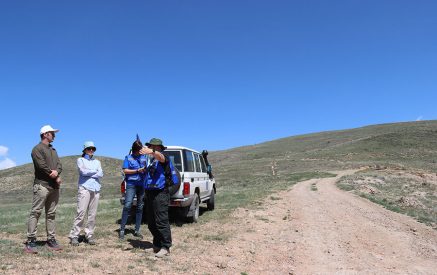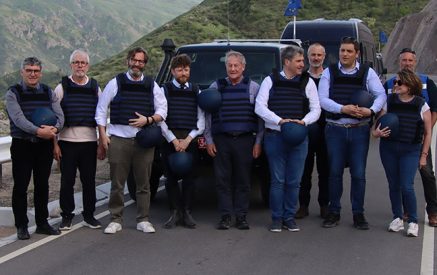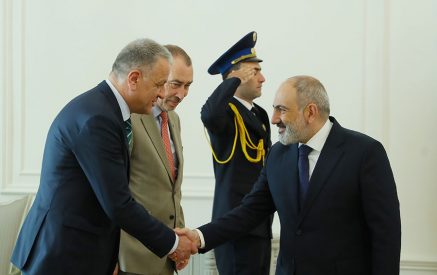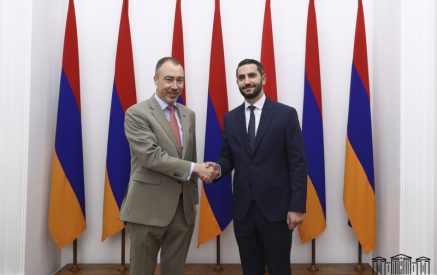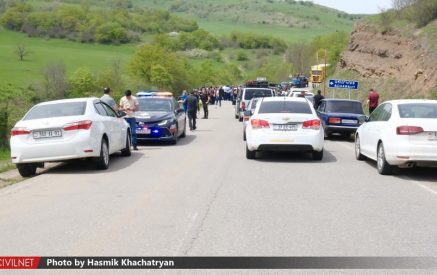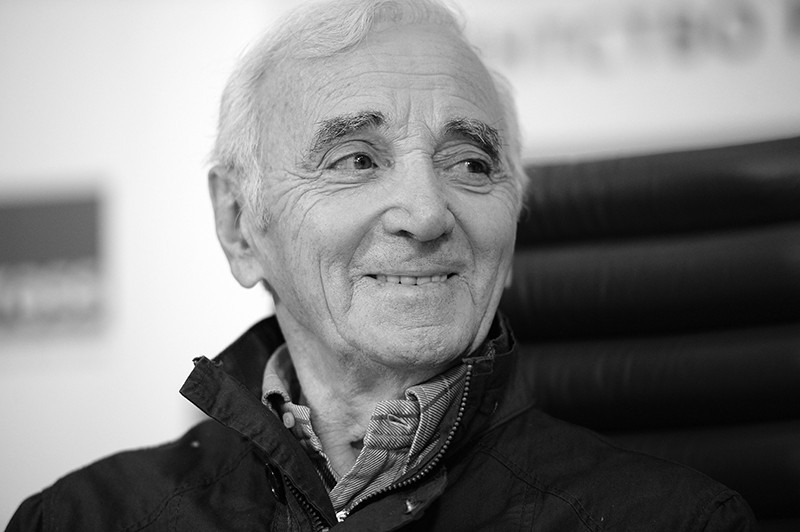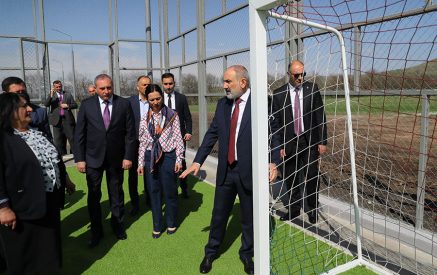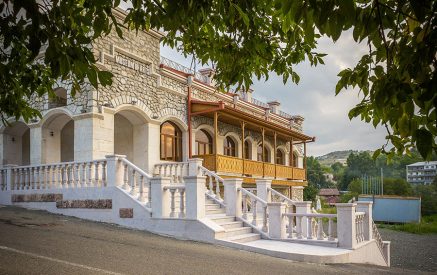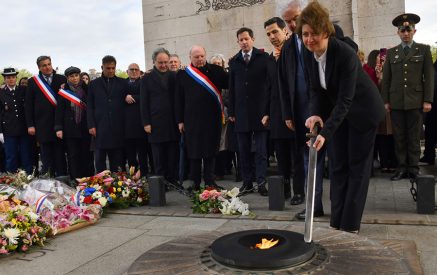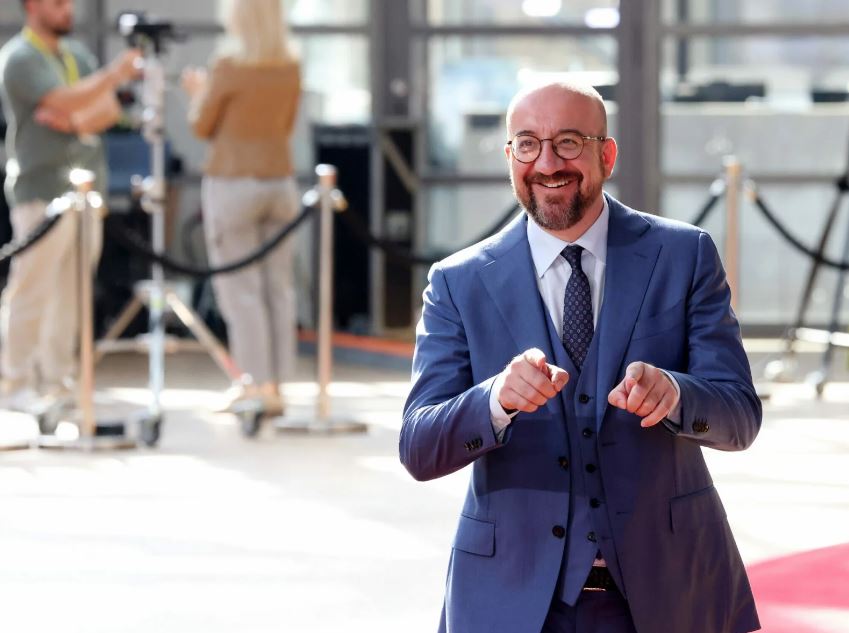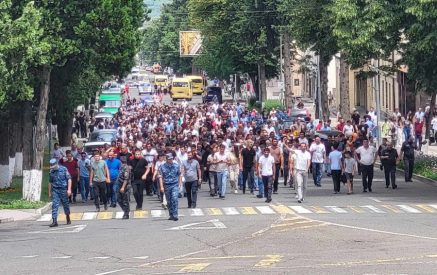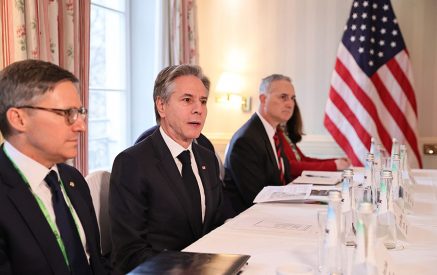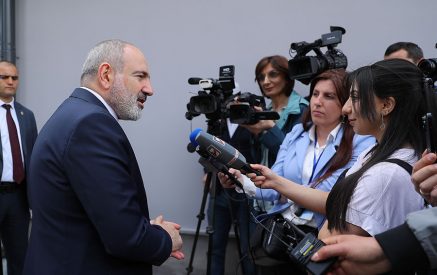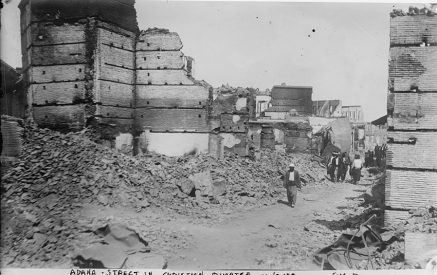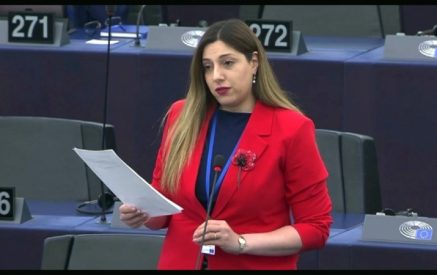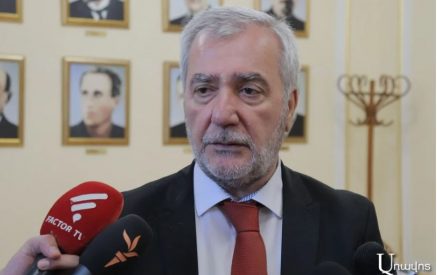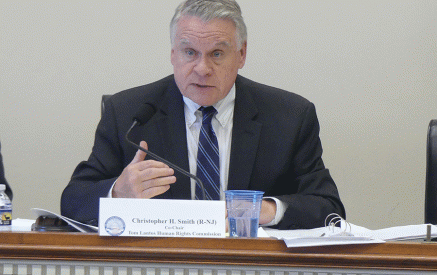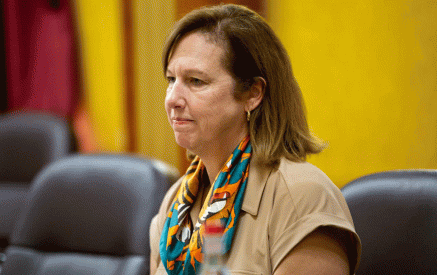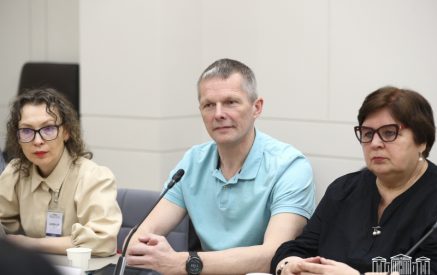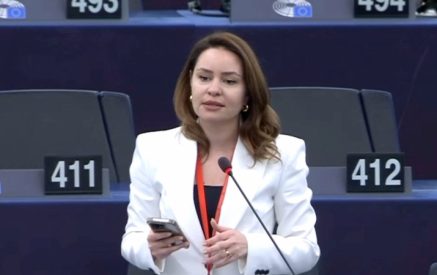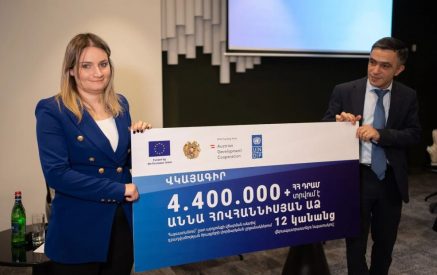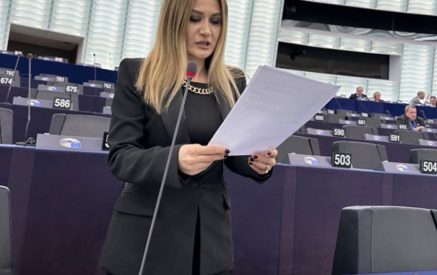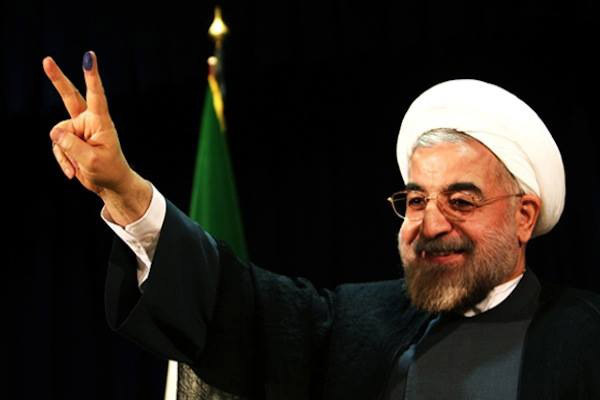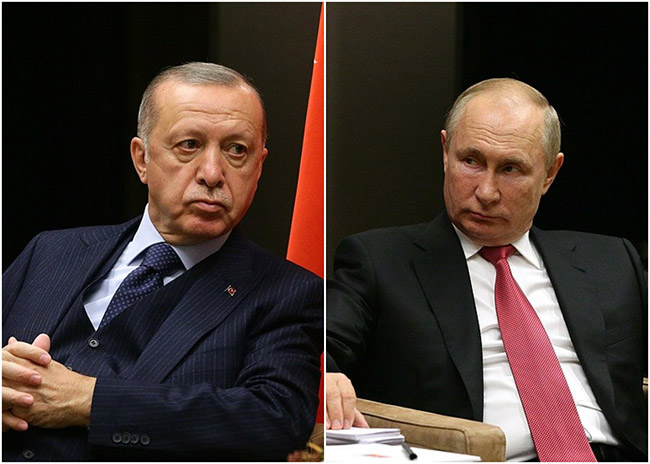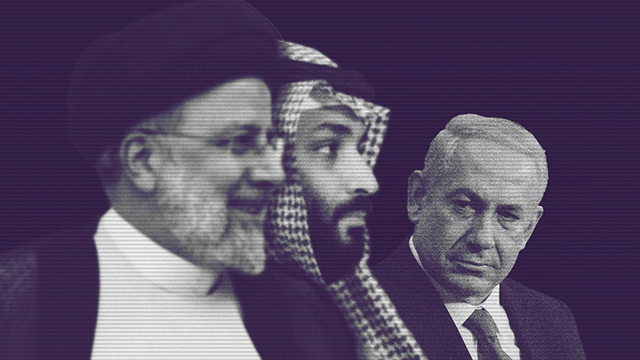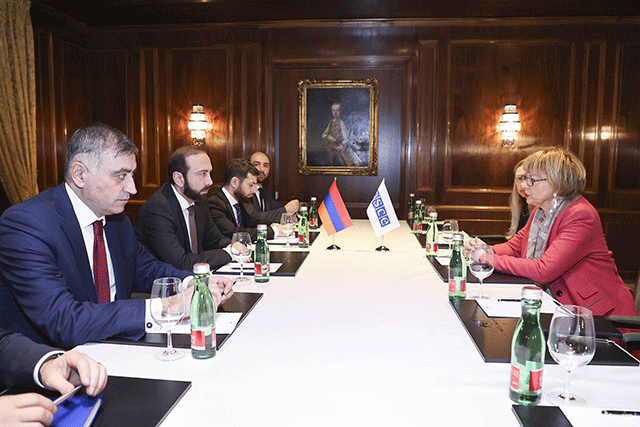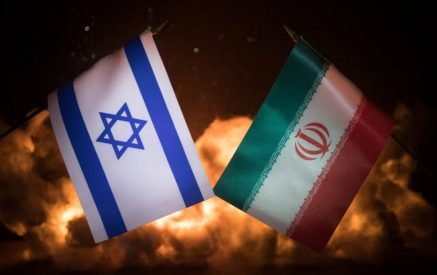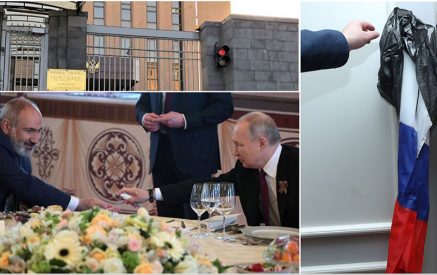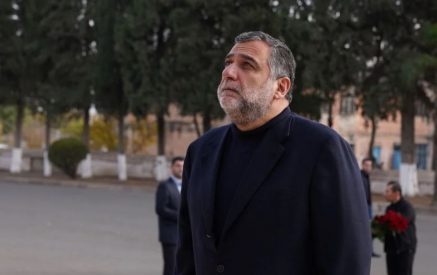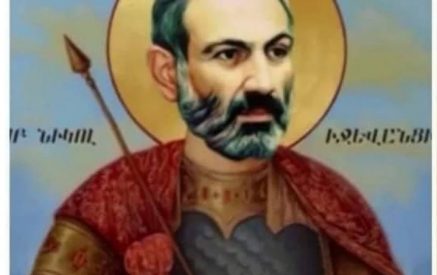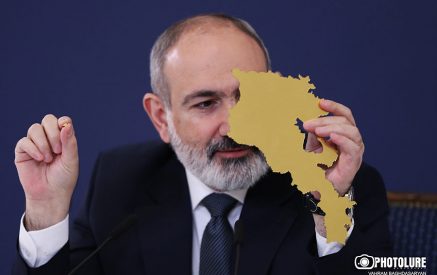The year 2016 ended with an important visit of the year. Iranian President Hassan Rouhani arrived in Yerevan on an official visit. This was his first visit to Armenia during more than three years in office.
There is no reference to regional security in the joint declaration signed by the Presidents of Armenia and Iran while it can be ruled out that this issue was bypassed during the face to face meeting. Both states surrounded by lasting conflicts are highly interested in the significant change in the security environment, and it is obvious that strategically the interests of Yerevan and Tehran directly coincide. But the reality is different.
The text of adopted statement is distinguished with great caution and indeed does not include the whole scope of the mutual interests available in the Armenia-Iran relations as well as does not “strive” for the quality equivalent to the available potential.
The matter, first of all, refers to the security sector and the bilateral mutual interests in the regional context. And the main restricting factors here are in Moscow, factors with which the whole texture and philosophy of the Armenia-Russia relations are absorbed. These discrepancies about which I have mentioned many times become just obvious against the background of Armenia’s relations with Iran. Given Armenia’s known foreign political problems, it is obvious that any strategically important project with Iran for Armenia intersects with security dimension. Especially when we know that the main potential of Armenian-Iranian economic cooperation is the sectors of energy and transport.
Read also
These are sectors which due to the “far-sighted” policy of Yerevan was part by part, sector by sector, market-by-market transferred, sold or donated to Russians and monopolized by turning into a chain: gas and distribution, energy and distribution, oil products and railway. Consequently, Armenia therewith has turned from the decision-making in these spheres to a passive observer, by enshrining this humiliating status with agreements that are not only inappropriate for an independent state but also fraught with dangers if we consider what a deadly and destructive policy Moscow runs in the post-Soviet territory, particularly in South Caucasus. In addition, Armenia accessing the CSTO and creating the so-called “joint military troops” with Russia has limited its partnership opportunities in the defense sector, no matter how the Armenian officials insist the opposite or try to prove that it is favorable for Armenia’s security.
Naturally, the presence of the third party reaching such abnormal sizes will not allow Yerevan to act as a subject: to make moves that will originate from our national interests.
It is contradicted to the interests of Moscow that the Armenian-Iranian bilateral relations obtain strategic dimensions. Moscow realizes very well that it will significantly increase the ability of Armenia to conduct an independent policy. And this means that Moscow’s positions in the region may appear at a great stake. In addition, Moscow being under the sanction understands very well what a formidable rival Iran can become lifted from the sanctions, with its huge oil and gas supplies, with its most profitable and safest route, Iran-Armenia-Georgia, if Tehran gains the opportunity to go out to the Black Sea, by connecting the Indian Ocean and the Persian Gulf to the Black Sea. Moscow has not built the “Nord Stream” and “Blue Stream” gas pipelines for this purpose, and now seeks to add the “Turkish Stream” to it in order to allow such a catastrophic development for Russia’s interests in the South Caucasus which can simply reduce the Russian factor in Europe to almost zero.
Unlike Russia, and irrespective of the fact what difficulties exist in the Iran-West relations, the Caucasian policy of Tehran can be considered one of the most important constants in the regional realities, and it is the fact that Iran in the last almost two hundred years is and remains to be the factor of peace and stability in the Caucasus. Unlike the other two neighbors in our region, Iran where the public order has been changed many times wages no war in the Caucasus in the last almost two hundred years, has not intruded and has not subjected anyone to blockade, Iran’s northern border has not been changed unlike Turkey’s eastern and Russia’s southern borders.
Therefore, the imperative of the day is to clean the Iran-Armenia bilateral agenda from the Russian factor. While various Armenian officials commenting on Mr. Rouhani’s visit to Yerevan persistently continue to the attach this ill-fated EaEU to the “tail” of the agenda, to artificially adjust the fourth component to Iran-Armenia-Georgia format as a fifth wheel – Russia – trying to avoid the responsibility of decisive decision-making and the risks.
And so, it remains to note that if Yerevan does not demonstrate a proper political will to revise the Armenia-Russia morbid relations, then the Armenian-Iranian joint programs can become a reality as much as it will not shake Moscow’s presence in the region by the current dimensions and quality and will continue to remain controllable by Russia. There is no gas business, oil business and railway freight business in Armenia. There is a Russian monopoly business in these sectors in Armenia which predetermine Armenia’s energy and energy-transport policy, according to which a number of officials and analysts will not get tired for another twenty years of scattering “winning” comments as to what “wonderful relations we a building” with Iran …
We just have no right to lose these historical opportunities that are just opened after the Independence. And the political will is not going to come down on Yerevan from the heaven. This could solely be as a result of joint efforts of the Government, society and political forces. Incidentally, ahead of the elections-2017, it is time, if not too late, not only to include the above-mentioned frame of issues into the agenda of the entities who strive for the power but also to acquire as much importance as the settlement of the Nagorno-Karabakh conflict and the Armenia-Turkey relations. Moreover, to what extent the Armenia-Iran agenda will become a reality, it will significantly increase Armenia’s chances also in the two above-mentioned issues of vital importance. Yes, the third one is excessive here. In all cases. And a question remains open of who is this third one: Armenia or Russia?
Ruben MEHRABYAN
“Aravot” Daily
28.12.2016

